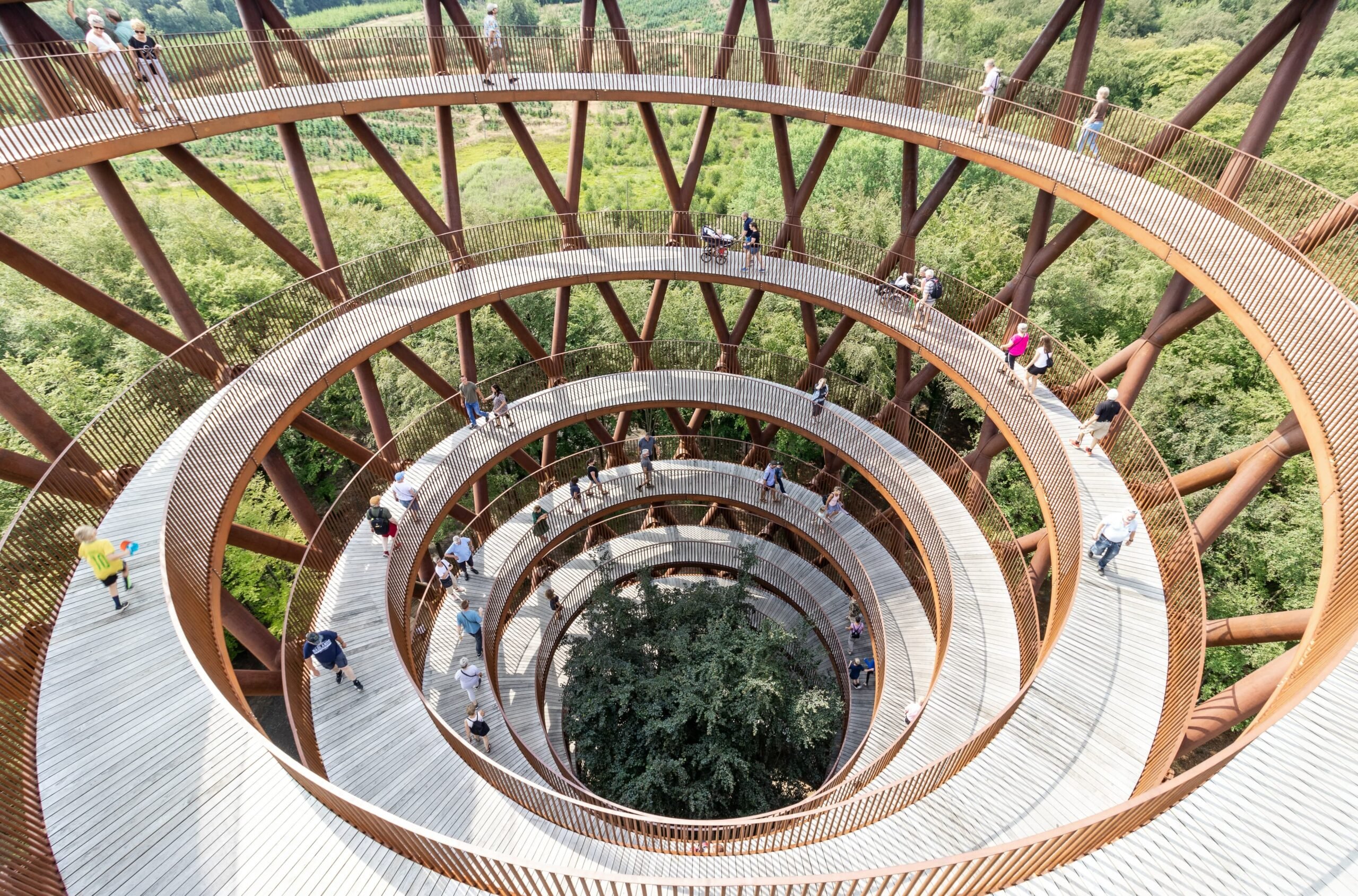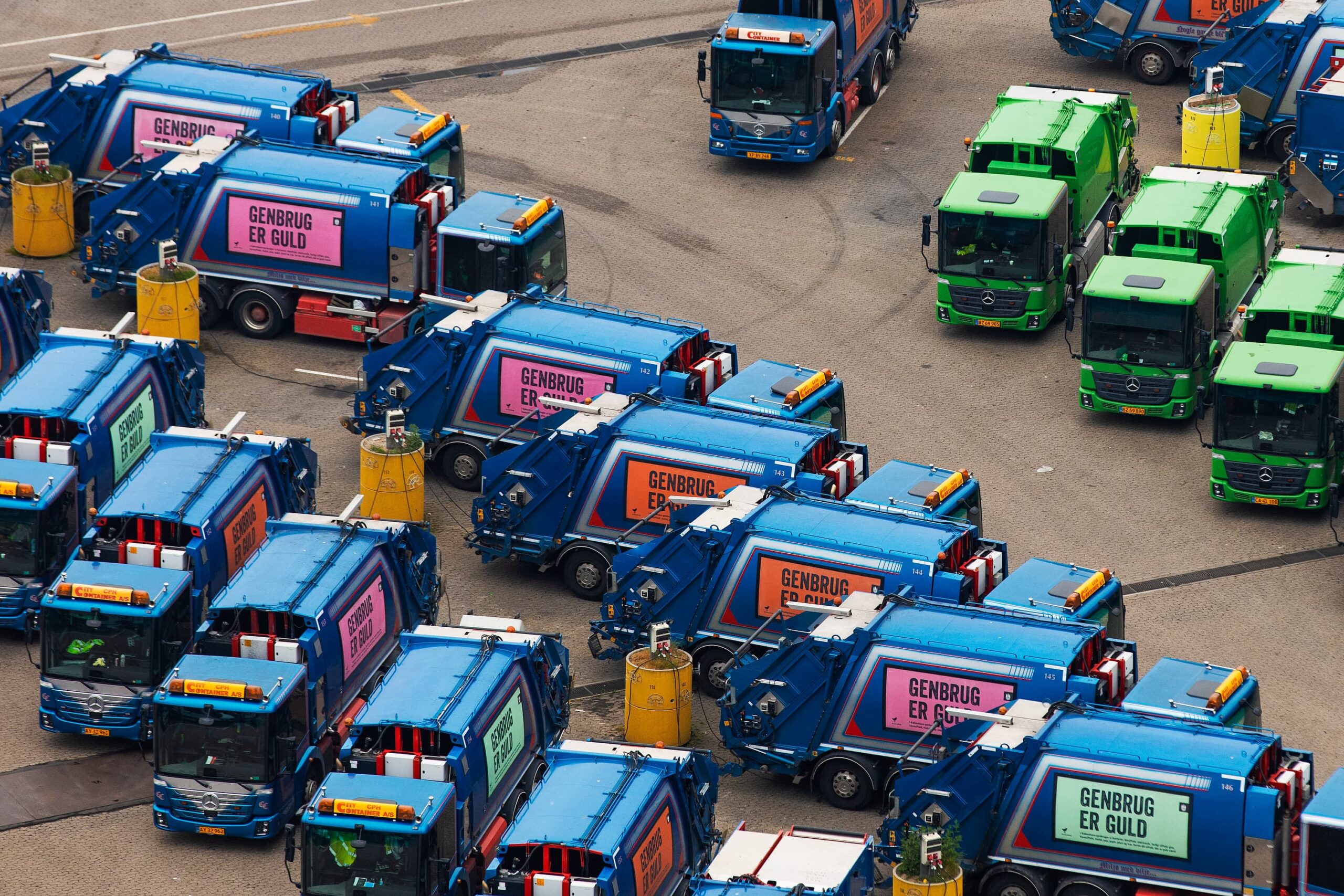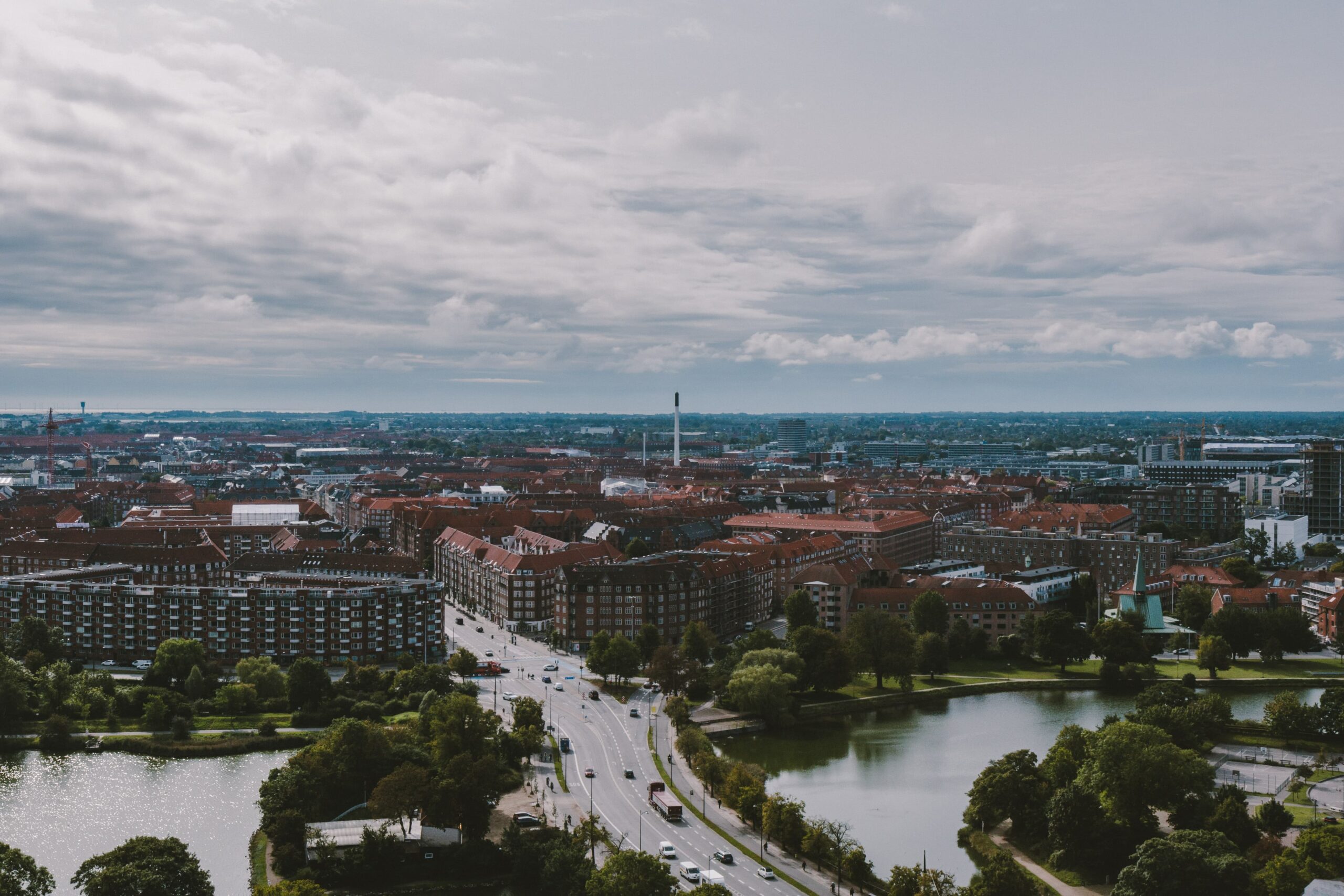
Circular economy
Looking beyond the current “take-make-waste”-model, a circular economy aims to redefine growth, while focusing on positive, society-wide benefits. It entails gradually decoupling economic activity from the consumption of finite resources and designing waste out of the system.












